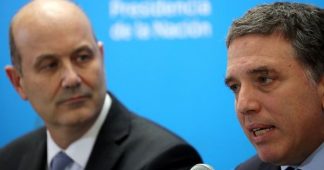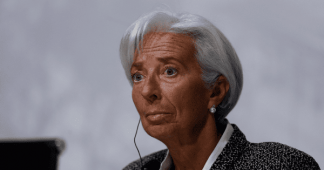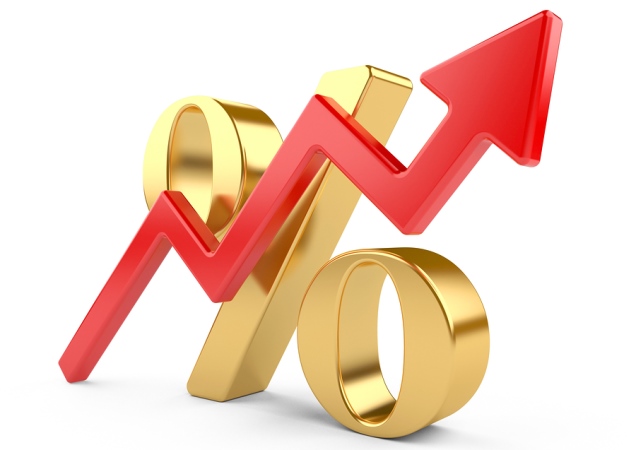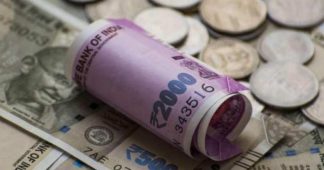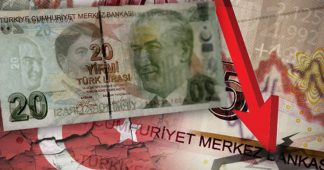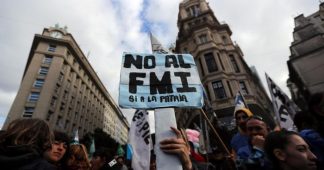30 August 2018
Argentina’s central bank yanked higher its benchmark interest rate to a dizzying 60 percent on Thursday in a bid to control rampant inflation as the peso currency plummeted 15.6 percent to a record low 39 pesos per U.S. dollar.
Latin America’s third biggest economy is expected to shrink this year, weighed down by inflation running at 31 percent, while already-scare credit gets choked off by increasingly onerous borrowing costs. The central bank raised the rate from 45 percent.
The central bank issued a statement saying it called a special meeting of its monetary policy committee, which voted unanimously to hike its key interest rate “in response to the foreign exchange rate situation and the risk of greater inflation.”
The moves came a day after the International Monetary Fund (IMF) called for the government to institute stronger monetary and fiscal policies in response to the meltdown of the peso, which has lost 52.2 percent of its value against the greenback so far this year and is the world’s worst-performing currency.
Despite signing a US$50 billion standby financing deal with the IMF earlier this year, President Mauricio Macri is struggling to convince the markets that he can spur economic growth while cutting fiscal deficits and combating inflation.
Macri’s cabinet chief, Marcos Pena, told reporters on Thursday the government would “find ways to hasten the fiscal tightening process.”
Argentina has already agreed with the IMF to cut its fiscal deficit from 3.7 percent of gross domestic product last year to 2.7 percent in 2018 and 1.3 percent in 2019.
Government spending reductions face opposition from Argentines reeling from cuts in public utility subsidies, a move that has pushed home heating, electricity and water bills higher.
Argentina’s biggest labor group, the CGT, and other unions have called for 24- and 36-hour general strikes in late September to protest Macri’s belt-tightening measures.
The recent slide in the peso was prompted by fears the government may have trouble meeting its 2019 bond obligations. Argentina has US$24.9 billion in peso and foreign currency denominated debt payments next year.
Published at www.telesurtv.net
